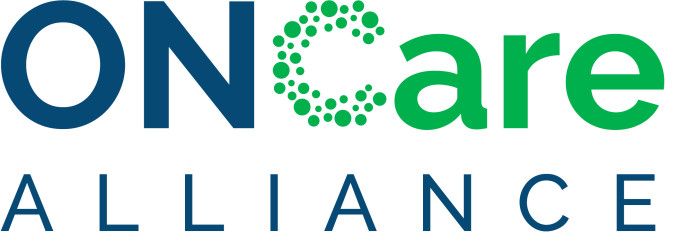
Dr Sibel Blau Discusses the Impact of Delayed Cancer Diagnoses on Community Cancer Practices

Telehealth is helpful, but it is not enough to make up for the delay in cancer diagnoses occurring as a result of the pandemic, said Sibel Blau, MD, of Northwest Medical Specialties and Quality Cancer Care Alliance.
Telehealth is helpful, but it is not enough to make up for the delay in cancer diagnoses occurring as a result of the pandemic, said Sibel Blau, MD, medical oncologist, Northwest Medical Specialties, and president and CEO, Quality Cancer Care Alliance (QCCA).
Transcript
There has been a lot of delayed care and cancer diagnoses in 2020. How are community cancer practices going to be impacted when they start to see more patients than usual be diagnosed with a later-stage cancer?
COA published a paper about delay in cancer care and how screening and certain surgeries were put on hold. We immediately started thinking about this as the pandemic came to Seattle first. And then of course, in our practice, we started taking precautions earlier on and talk to all our QCCA practices about this. We were in a survival mode, and we try to see anybody we could. We tried not to delay appointments and utilize telehealth. But as [big of an] advocate as I am for telehealth, it's just not enough because there has been a true delay in making a diagnosis on those patients with cancer and now, possibly these patients are going to be coming in later stages.
When you look at health economics, there are actually great statistics and data coming out on how this is going to affect the economy—not only GDP [gross domestic product], but cancer care and health care economy. And this is going to cost a tremendous amount of burden on the practices and the doctors and of course, probably, one, lower access to care because patients will not be able to get in to see doctors in a timely manner is just going to become a big hurdle, two, it's going to be causing more burden on physicians and personnel. And I am really truly worried how this could be adapted in anything from big institutions to smaller practices. Certainly, as QCCA practices, we have our regular meetings about [the pandemic], and we discuss these issues, among others, and try to learn from each other and take some little tips.
Of course, in smaller practices like ours in cancer care, we are much more nimble, and we can make faster decisions and adapt maybe somewhat easier. But that doesn't address the question when the numbers start coming in. I don't know how we're going to I handle this completely. And I think it's going to change from region to region. Some regions did not get affected as much they did not see as much volume drops as other centers or areas that got hit by the pandemic.
Newsletter
Stay ahead of policy, cost, and value—subscribe to AJMC for expert insights at the intersection of clinical care and health economics.








